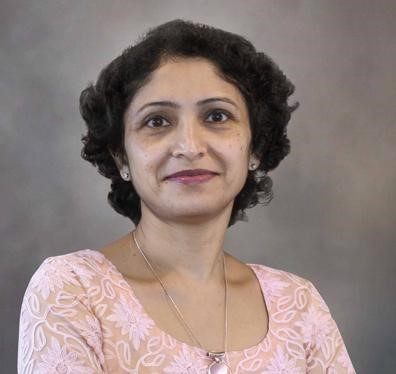- Our Doctors
- Our Specialities
Super Speciality
-
 Clinical Laboratory and Pathology
Clinical Laboratory and Pathology
-
 Clinical Nutrition and Dietetics
Clinical Nutrition and Dietetics
-
 Critical Care
Critical Care
-
 Dental and Maxillofacial Surgery
Dental and Maxillofacial Surgery
-
 Dermatology
Dermatology
-
 Ear, Nose and Throat (ENT)
Ear, Nose and Throat (ENT)
-
 Emergency and Trauma
Emergency and Trauma
-
 Endocrinology and Metabolic Disease
Endocrinology and Metabolic Disease
-
 Family Medicine
Family Medicine
-
 General and Laparoscopic Surgery
General and Laparoscopic Surgery
-
 General Medicine
General Medicine
-
 Heart and Lung Transplant
Heart and Lung Transplant
-
- Key Procedures
- Our Hospitals
- International Patient
- Royal Suite
-
Quick Links



Meet Our Doctors
Experienced Medical professionals for a superior patient experience.
Why Choose Us
Lorem ipsum dolor sit amet consectetur adipisicing elit.
Lorem ipsum dolor, sit amet consectetur adipisicing elit. Velit, expedita. Illum saepe, ducimus dolor ut aliquid debitis temporibus! Enim deleniti id laudantium quidem corrupti voluptatem repellat, aperiam nobis modi aliquam.

Experienced Cardiologists

Personalized Patient Care

State-of-the-Art Facilities

Fast Recovery Times
Frequently Asked Questions
Are all medications given by psychiatrists addicting?
Psychiatrists prescribe a whole range of medications to patients. Please remember most of the medications given are not addicting and can easily be stopped without the patient feeling the craving for the medication or withdrawal symptoms. It is always best to consult the doctor before stopping any medicines.
Are Psychiatrists and Psychologists the same?
A psychiatrist is a medical doctor who has done his MBBS training and then specialized in treating people with mental health problems, whereas a psychologist is a mental health professional who has done their graduation in psychology and specialization in clinical psychology. They are not medical professionals who can prescribe medications.
Consulting a psychiatrist means that I must be MAD?
A psychiatrist treats various psychological problems like anxiety disorders, depression, phobias, panic disorders, anger issues, alcohol and tobacco dependence, academic issues, and various other issues. The common stereotypical psychiatry patient depicted in movies and the media forms only a very minute percentage of patients seen by psychiatrists.






































































